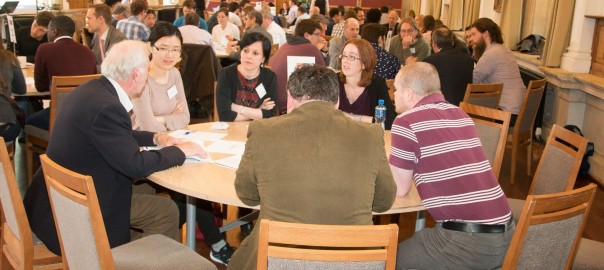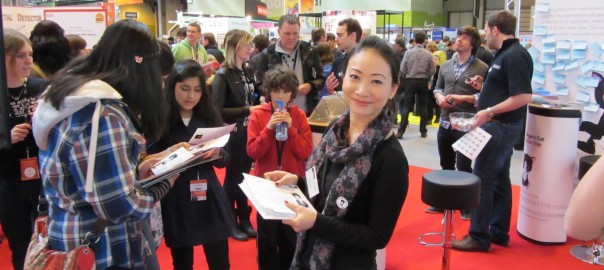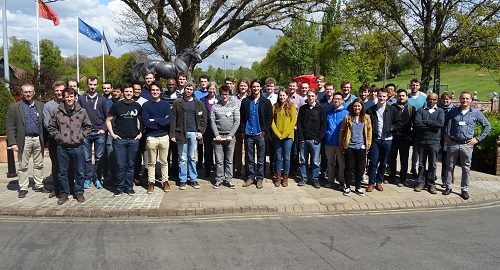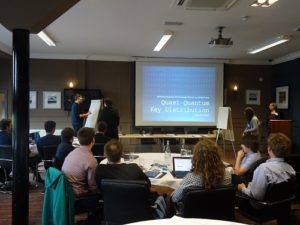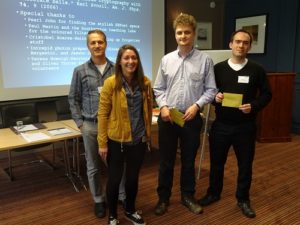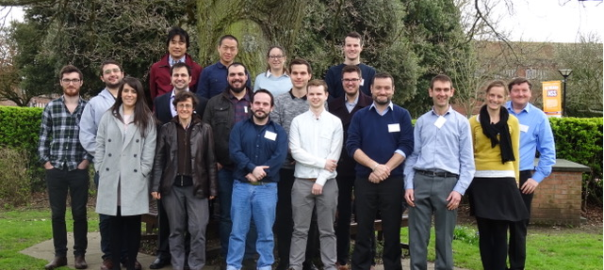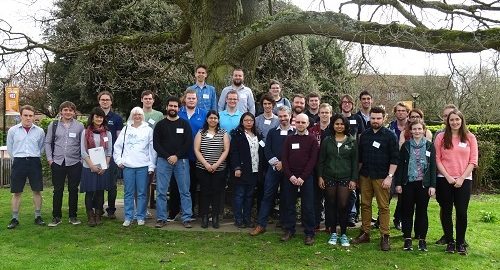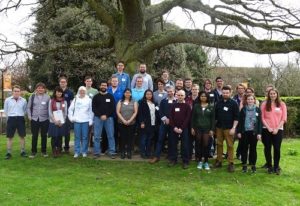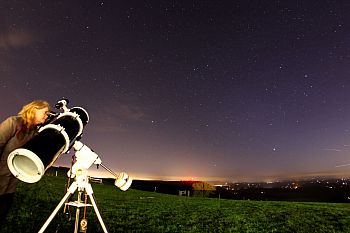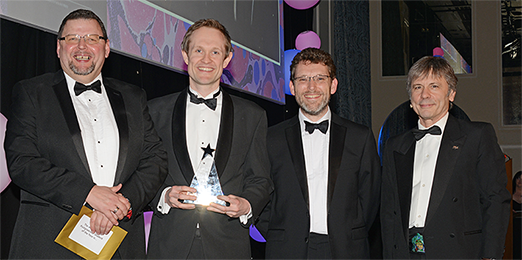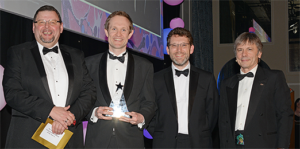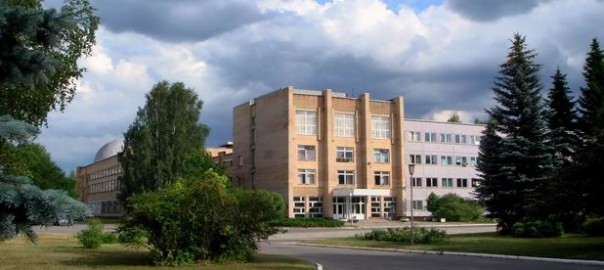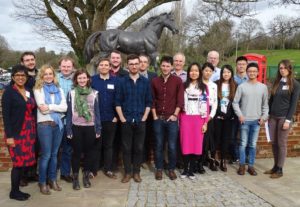GRADnet Introduction to Data Intensive Science Workshop 18-20 September 2017 – Registration now open.
Who: All DISCnet CDT students. Any GRADnet PhD student with an interest in data intensive science techniques.
What: A 3-day workshop that introduces the CDT and data intensive science and will comprise lectures, tutorials, and examples of the benefits of data intensive science techniques as applied to current research projects and induction into the DISCnet Centre for Doctoral Training: What is DISCnet? What kind of training is offered? What industry placements are available? This session gives an overview of the centre and provides information on how you can get involved.
- Lunch and networking reception on 18th September: This is a great networking opportunity. DISCnet students, GRADnet students, supervisory teams, and the DISCnet coordinators will get to know each other in an informal setting.
- Examples in data intensive science: How does data science give the edge in your PhD? Current PhD students from several SEPnet universities will demonstrate how data intensive science techniques have helped shape their PhD research. Topics will range from astronomical surveys, to numerical simulations and particle physics accelerator data.
- Tools for data intensive science in particle physics and astronomy: This session will introduce you to important packages and tools that are in use in the various research fields. We will provide help installing software and guide you through the first steps.
When: 18th – 20th September 2017
Register here. Registration deadline 16 August 2017
Where: Old Thorns Manor Hotel, Liphook, Hampshire
Requirements: A laptop computer is essential for this workshop.
Numbers: 30-35 delegates
The Data Intensive Science Centre in SEPnet (DISCnet) is a new STFC-funded Centre for Doctoral Training.


